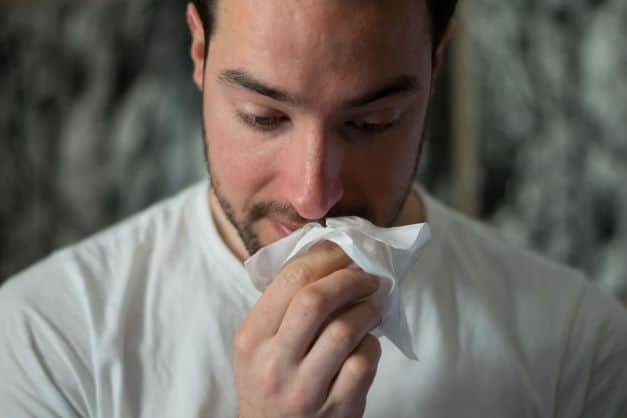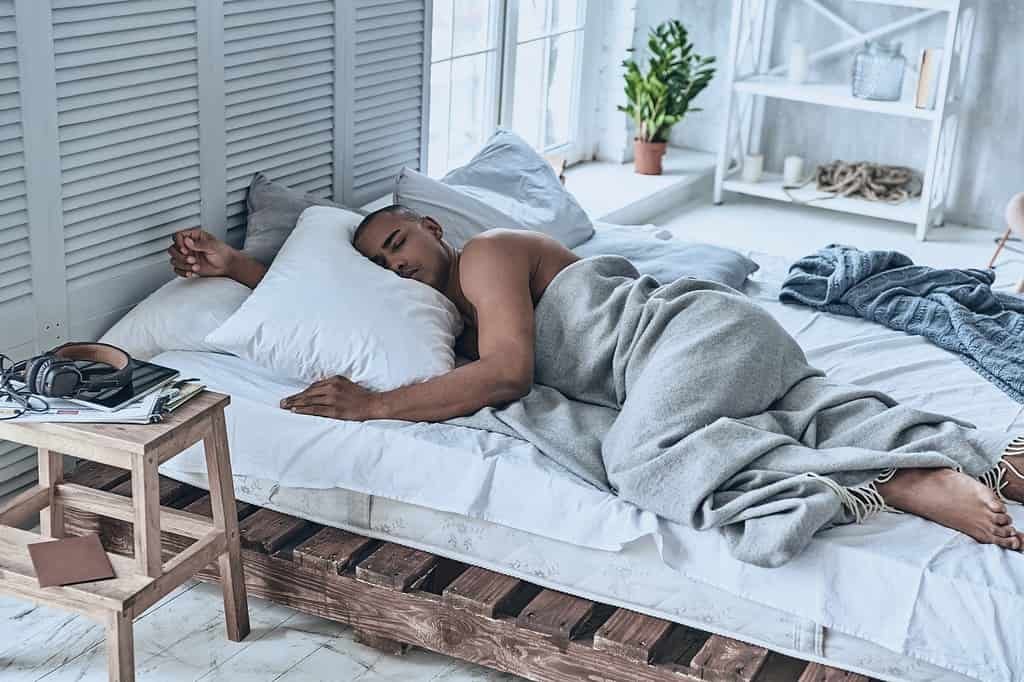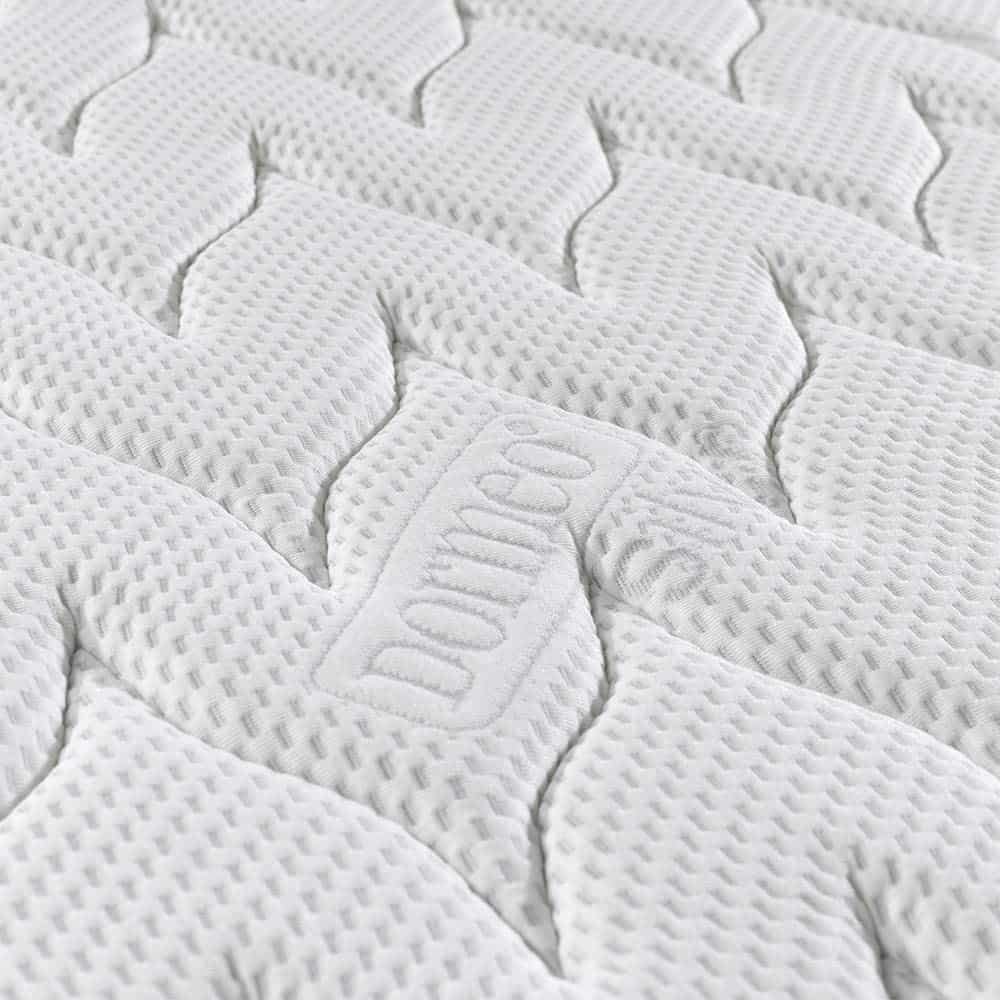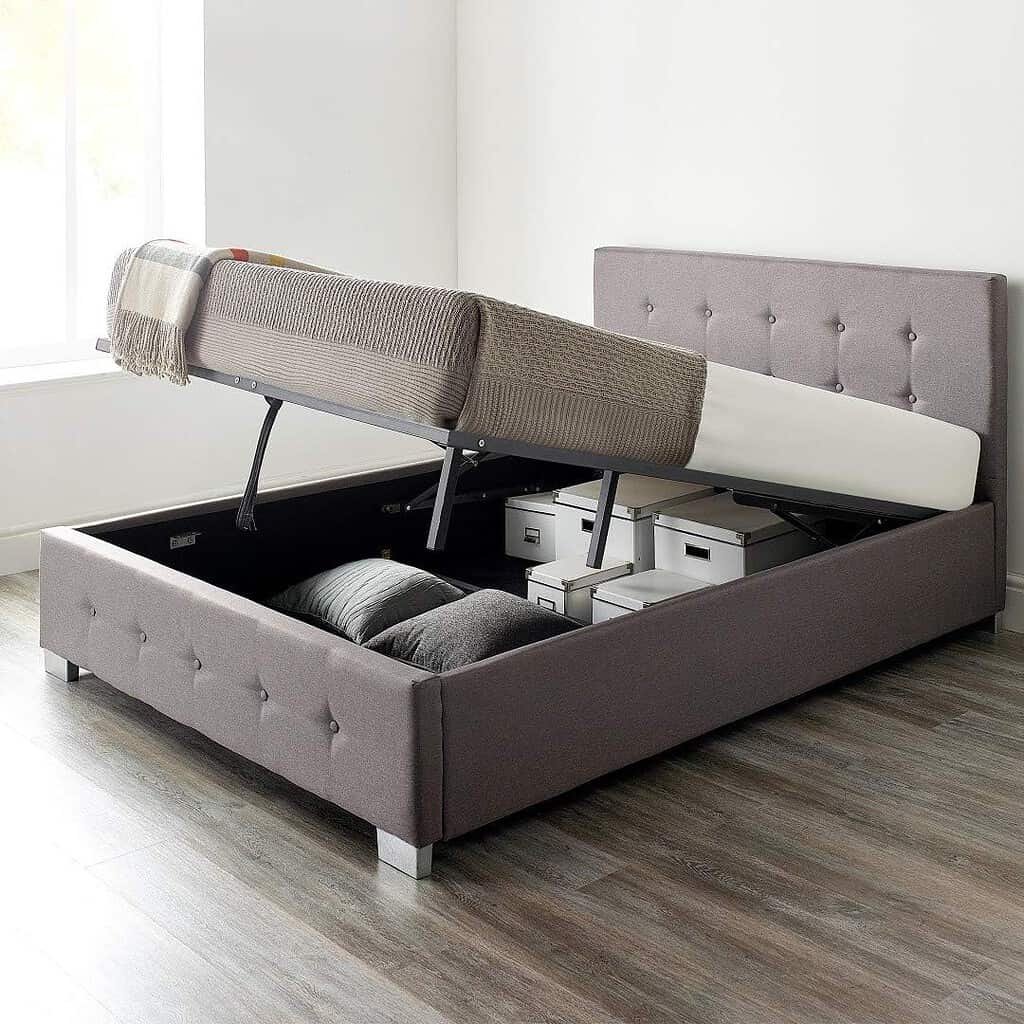How to sleep through Hayfever, Colds, and Allergies
When sleeping at nighttime, hay fever can be one of the most annoying and easily the easiest distractions for avoiding sleep. It is never a fun task for people suffering from hay fever, no matter how light or bad. Suppose you suffer from hay fever and need tips to sleep peacefully without being kept awake because of the flu or hay fever in today’s blog. In that case, we look at how you can sleep through the effects of hay fever, flu, or colds quickly and effectively to give you a great night’s sleep.
Sleep issues caused by allergies
When we think of sleeping, having a blocked nose, running nose, or tickly throat can be easily the most annoying aspect of trying to sleep with allergies – let alone itching. If you suffer from allergies or have long-winded colds/hay fever, you will likely experience some of the following sleep conditions.
These include:
- Short-Lasting Sleep
- Increased Risk of Sleep Apnea
- Increased Risk of Louder Snoring/Snoring in General
- Waking up Unexpectedly
- Insomnia
- Difficulty Falling Asleep even when Tired
Thankfully, with modern medicine, science and technology, there are now ways that you can better your sleep quality just by integrating new products and tips that we’ve provided below to give you a relaxing night’s sleep, even if your immune system doesn’t want to.

8 Tips for Sleeping with Allergies, Hayfever, or Colds
- Use an Air Purifier – Depending on your history, you may have had an allergy, hay fever or cold for a long time. If you must deal with this frequently, investing in a good air purifier can provide untold benefits. An air purifier will clean your bedroom or home of common household allergens, such as everyday dust, pet residue, pollen and even mould – and you will also improve your sleep 10-fold. If you suffer from allergens or get colds often, purifying the air you’re breathing when sleeping will ensure you recover quicker and sleep better every night.
- Air-Lock your Room – Combining this and the tip above – you’ll have a recipe for perfect sleep. Not “sealing” your room entirely but ensuring that doors, windows, and vents (that can be safely covered) are shut as long as possible can ensure that your room remains relatively clean. This means that when you eventually come to sleep, allergens, pollen, or other bacteria that may cause colds or worsen them can be kept outside, or at least in a weakened/settled state in your bedroom, allowing you to recover faster and sleep peacefully.
- Keep your Room/Home Dust-Free – If you don’t plan on using an air purifier or can only get one that covers a single room, you should try to keep your home as clean as possible. Keeping your bedroom (at a minimum) or home clean and free from lingering dust can help reduce those little particles entering your body and causing colds or even worsening allergies. This may take a bit of time, but it is well worth the benefits – plus, there’s nothing better than coming home to a lovely clean, fresh-smelling home!
- Try to Stay Away from Pets – As much as we love our pets, they can often carry several allergens, including their hair (if you’re allergic to some animals or animal hair), that can trigger a bodily response. Keeping your pets outside your bedroom while dealing with a cold or allergy can help speed up your recovery time and also help with your overall sleep.
- Take a Bath or Shower Before Sleeping – Taking a bath or shower before sleeping using products that may help your sleep, such as Radox or any Lavender-based products, can massively help your sleep hygiene in general but will also cleanse your body of any allergens that you may have picked up during the day. This can be an easy way to remove these and prepare your body for a nice peaceful sleep, too – so it shouldn’t be overlooked. Not to mention, the steam will help clear your blocked nose should you have one!
- Wash your Sheets/Bedding more Frequently – When you’ve got a cold or have frequent allergies to pollen or other allergens, such as pet hair, you might want to wash your bed products more frequently with soft, easy-going conditioners. This includes your mattress! We’ve written a separate guide here on how often and how to clean your bed sheets to ensure you time it ideally to help with your sinus issues.
- Take Anti-Histamine-based Allergy/Sleep Tablets – Conveniently, many sleep tablets (or at least herbal/over-the-counter medication) contain a substance called “diphenhydramine”, an antihistamine medication used to treat allergies but also used for drowsiness, I.e., a sleeping tablet. Nytol is one of the most common brands you can buy at most pharmacies or even convenience stores – that will help ease your sleeping woes and your sinuses from awful allergies and colds. You could also take Lemsip for colds, but this contains paracetamol!
- Speak to your Doctor – In the worst-case scenarios, where not being able to sleep through these common colds/allergies, you should speak to your GP or doctor. They may prescribe you antihistamine-type medication and recommend the ones on this list that can help you sleep better at night, regardless of the state of your sinuses.

Why Updating your Equipment could Benefit You
Sometimes, when you go to sleep and have a cold, allergies, or hayfever, for example, other minor negatives of sleep such as a squeaky bed, uncomfortable mattresses or even loose headboards can all feel much worse when you’re struggling to sleep with a sinuses issue. Upgrading or updating your bed and any accessories, such as your headboard, mattress, or even the sheets you use, can lead to much more excellent sleep quality and will help ease your mood even if your sinuses are not letting up.
As mentioned in the tips section, using a cooling mattress can massively impact your sleep as you won’t get too hot, keeping your body at the ideal temperature to deal with the cold or allergies you’re working with. You can look at our review for the best cooling mattresses here.



